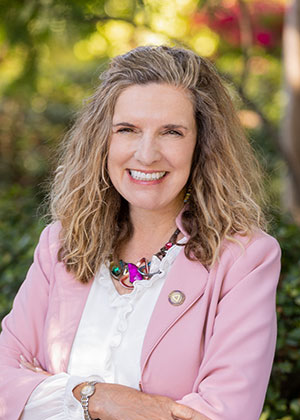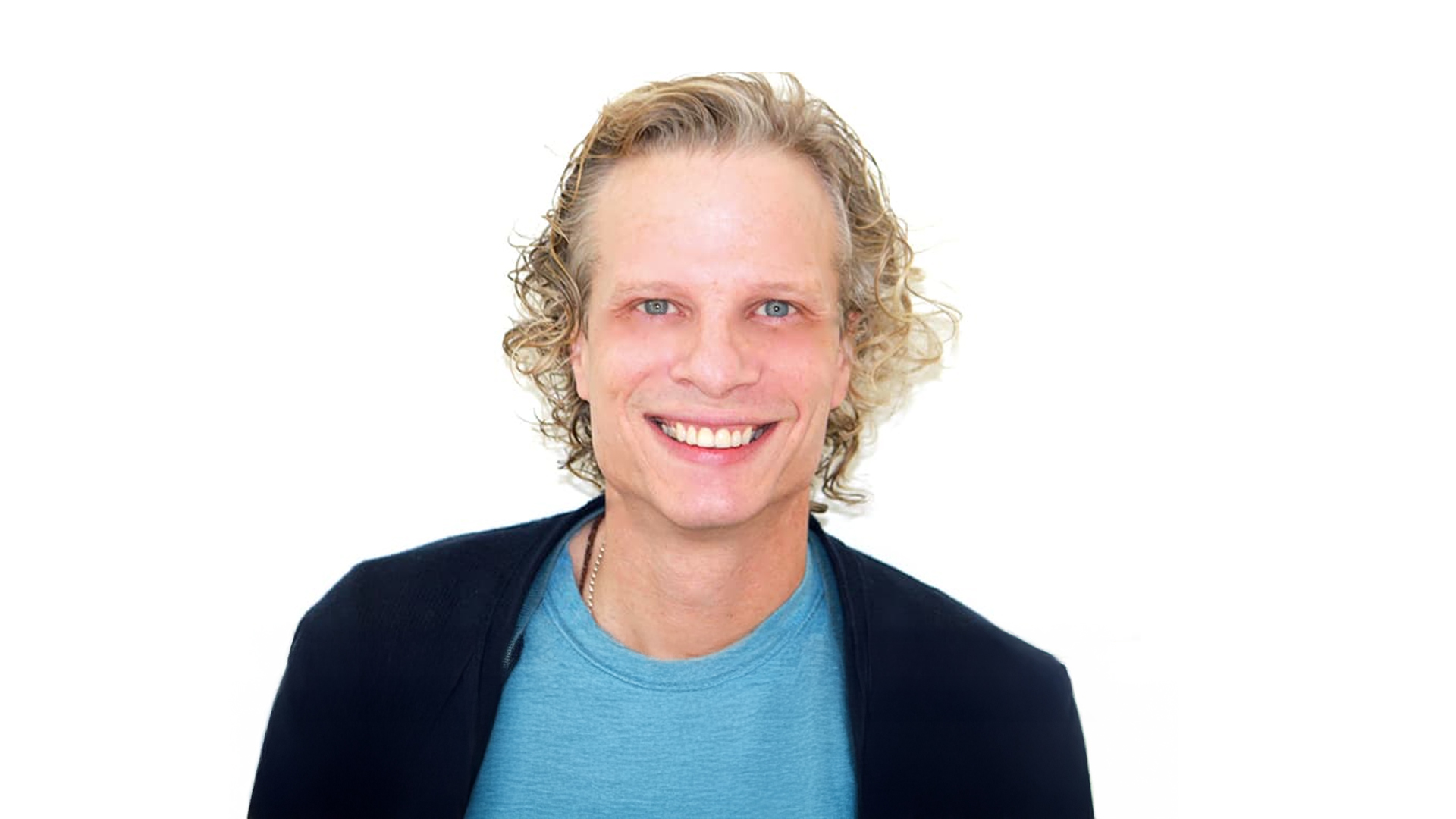
President Katrina S. Rogers, Ph.D.
On this Indigenous Peoples’ Day and every day of the year, Fielding celebrates the notion of kinship within the fabric of Indigenous cultures around the world. Kinship is not only a biological connection that ties us to one another, but it remains a deeply rooted philosophy that contributes to the interconnection of all living things and the lands we inhabit.
We all know, either through data or an intuitive sense, that human beings cannot go on forever living on our finite planet as if we had limitless resources. Planetary transformation, economic and social, will only occur when we recognize and adopt new ways of understanding that lead to changed behavior, and in this, Indigenous knowledge offers a way forward.
Our faculty at Fielding, as well as other members of our community, have long advocated that we set aside this day to honor Indigenous peoples for their contributions to contemporary society and to recognize the genocidal harm perpetuated upon them by the dominant culture. We also honor the ways that Indigenous knowledge, whether it be part of decolonizing epistemological frames, or more broadly, are critical for transforming our current global society. Thank you to our Indigenous students for placing trust in Fielding to honor who you are and to recognize your contributions to our community as learners and scholar-practitioners.
This passage from Braiding Sweetgrass: Indigenous Wisdom, Scientific Knowledge, and the Teaching of Plants (written by Indigenous scholar and member of the Potawatomi Nation Robin Wall Kimmerer), gives us a holistic perspective:
The earth and the natural world it supports are all animate beings: its waterways, forests and fields, rocks, and plants, plus all creatures from fungus to falcons to elephants. As such, they deserve our care and respect. “Plants feed us, shelter us, clothe us, keep us warm,” she writes. “Who else can take light, air, and water and give it away for free? They are models of generosity. They are our teachers.”
Furthermore, we live in this astounding world of relations. We share these ties that bind with our fellow humans — and we share these relations with nonhuman beings as well. From the bacterium swimming in your belly to the trees exhaling the breath you breathe, this community of life is our kin — and, for many cultures around the world, being human is based upon this extended sense of kinship.
Imagine a world where we valued plants as much as ourselves for their inherent worth and dignity. Imagine what that would mean for the way we treat one other — with that same dignity and respect. This could be the essential foundation of a new way forward for humanity, not witnessed in our lifetime perhaps, but we can carry forth these ideas to our intellectual descendants through our personal courage and understanding.
Each of us has a purpose and a responsibility to care for our planet, connect to our ancestors and future generations, and preserve our Indigenous cultures and ways of life.
At Fielding, we are committed to diversity, equity, and inclusion by intertwining Indigenous perspectives into our academic curricula. We also have enduring relationships with the Navajo Nation and other Indigenous communities and colleagues. We know that the diversity of thought enriches learning and encourages us to look at complex issues from multiple vantage points.
As we observe Indigenous Peoples’ Day, let us embrace the wisdom and beauty of kinship. Join us on Friday, Oct. 6, to honor Indigenous Peoples’ Day. Find out more and register here. I invite you to take a moment on Oct. 9 to reflect on how we can collectively incorporate kinship into our work at Fielding and within our own lives and societies.

Katrina S. Rogers, Ph.D.
President
Fielding Graduate University recognizes Indigenous Peoples’ Day as a holiday, and our offices are closed on Monday, Oct. 9.
Join Over 7,500 Fielding Alumni Located Around The World!
Change the world. Start with yours.™






Get Social